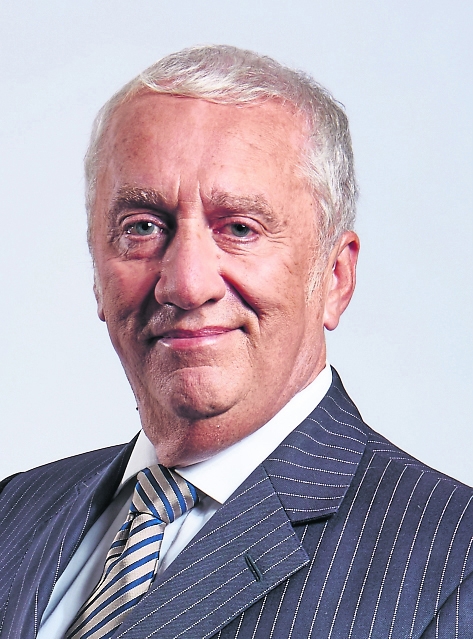By Brian Kingston
dbfb
IT is looking as if this article is going to be with Business Times on time for a change! No phone calls from Julie or Judith, ‘Where is it? It should have been with us by close last Friday’. Well I haven’t managed that yet, but it will be waiting for you first thing Monday morning, which you both have to admit is a great improvement.
This month I haven’t found any exciting news about 5G so I thought let’s look at YouTube.
Social media platforms are exempt from many of the rules and regulations that govern the media because they don’t exercise editorial control over what is published on them. Every time they move to censor some types of content and favour others, however, that status is at least questionable.
Recently, YouTube published a blog titled Preserving Openness Through Responsibility, in which it was argued that it was vital for YouTube to be as open as possible and that the only way to guarantee that was to get rid of any content it doesn’t like. It characterised this censorship as ‘Responsibility’ and explained that it’s comprised of three other Rs.
Remove content that violates our policy as quickly as possible.
Raise up authoritative voices when people are looking for breaking news and information.
Reward trusted, eligible creators and artists.
Clearly proud of its removal efforts, YouTube wasted little time in blogging about its removal efforts. Featuring liberal use of conveniently general and ill-defined terms such as ‘inappropriate’ and ‘problematic’ the blog details YouTube’s constant meddling with its own policies and the increasing vigour with which it enforces them by taking down content and kicking creators off the platform in the name of openness.
YouTube does have to exercise some control over its platform, for example the removal of illegal content. The problem for creators and YouTube’s own claims of openness is that its policies extend far beyond preventing illegal material and are getting stricter by the day. Protecting its advertisers is one thing, but there has to be a point at which putting a strict and comprehensive set of rules on its contributors means YouTube can no longer be considered a platform and is thus legally responsible for every piece of content.
And for next month… I will be writing from China.


